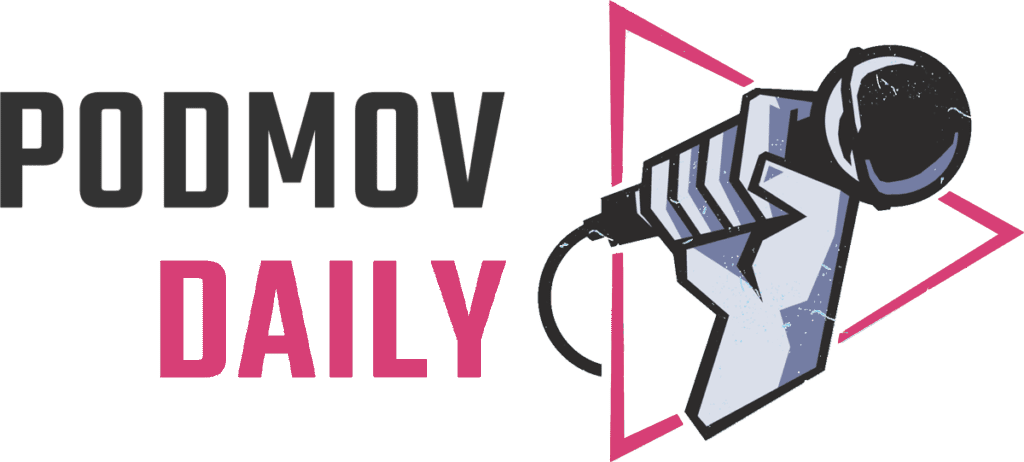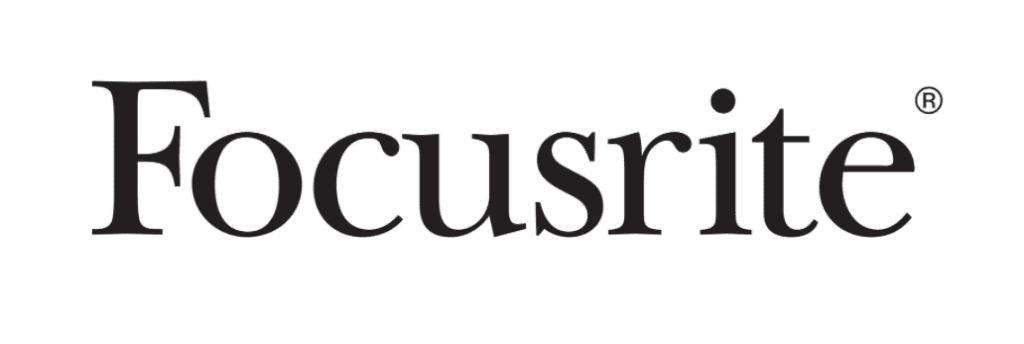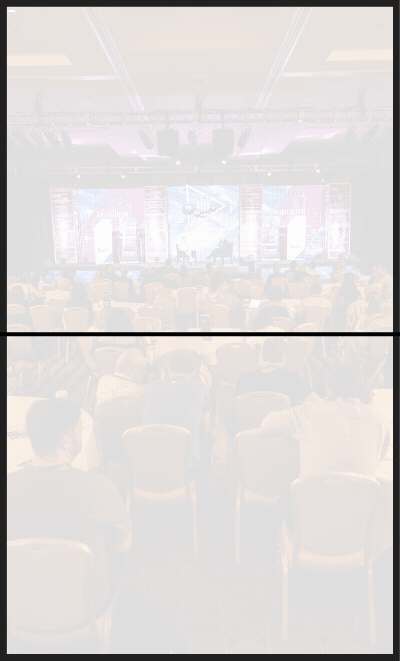

PodMov Daily: Tuesday, May 24
Episode 651: Testing, One Two-sday

Brand Safety Mistakes Fail Podcasters, Too
When Spotify added Wild Turkey advertising banners to many podcasts on Saturday, mistakes were made. “The ad, which on some platforms included an ‘order now’ button for the [liquor], was even placed on a podcast for recovering alcoholics,” according to an exclusive report from Podnews. Yikes.
Spotify has a much bigger fire to put out with Wild Turkey’s parent company than it does with the podcaster, and that’s a shame. Brand safety is an enormous priority in podcast advertising – a single slip-up and that lucrative contract is gone. But what about the podcaster, the party that’s facing real consequences?
The show in Podnews’ screenshot is described as “an AA meeting in a podcast.” Where brand safety is about corporate trust, the listener experience is about personal trust. Listeners harmed by the ad won’t know the whole story, and may not stay to find out. Let’s see a Spotify spokesperson clear that up.
Why Assign Your Show a Second Category?
Though many podcast apps (including Apple Podcasts) only display a show’s primary category, assigning a secondary one is a wise move. Dan Misener of Pacific Content broke down large Apple categories like True Crime by examining those secondary tags. With 100+ available, a little detail goes a long way.
Straight from Apple, the discovery value is clear: “The primary category is used to display your show in each category page, Top Charts, and personalized recommendations in Listen Now. The secondary category also helps your show appear in select category pages, in editorially curated collections, and in search.”
If a show is categorized as True Crime + Comedy or True Crime + History, listeners have clearer expectations right away, Misener says. About 25% in the genre have chosen to do so. “It’s not quite at the Netflix level of categorization, but these secondary categories can certainly help disambiguate podcasts.”

Focusrite: Podcasting’s Next Big Thing is Coming
Great audio doesn’t just polish your podcast. It defines your voice. Focusrite, the world’s best-selling audio interface brand, is about to make podcasting even easier. Just days away, a major announcement will empower more creators to tell the world.
Not every podcaster is an audio engineer. Focusrite interfaces produce outstanding results, no matter what. They’re affordable, simple to use, and offer a wide variety of options to fit the way you work. Known for the legendary Scarlett USB range, Focusrite is dedicated to creativity without barriers.
An audio interface is like a podcaster’s co-pilot. With intuitive features and award-winning support, the journey only gets better. Ready to take a peek at the next big thing? Watch Focusrite’s website and sign up for their mailing list to stay up to date on the latest news.
Here's what else is going on:
- Go-getter: “DIY Marketing for Independent Podcasts” from SoundPath is this Thursday at 3:00 pm ET. Producer and creator Lynn Casper (Homoground) will outline cost-effective strategies to expand your community of listeners with minimal burnout. $20 registration for non-AIR members.
- Cash advance: SiriusXM has bought Team Coco, Conan O’Brien’s podcast and media company, for around $150 million. “When I started in television, my ultimate goal was to work my way up to radio,” he says. Conan O’Brien Needs a Friend and the network’s other 10 shows will remain available.
- High gear: The new RØDECaster Pro II, an update to the popular mixer, has been met with positive reviews. Engadget and The Verge detail its upgraded hardware, preamps, and software features. The $699 USB-C powered console can connect to two computers or mobile devices at once.
- Bulk discount: “Podcasters are pitching longer, more lucrative ads, but ad buyers prefer shorter, cheaper spots,” reports Sara Guaglione of Digiday. Custom ads just won’t fit the average budget. An IAB study finds that only 3% of podcast ads are over a minute long, compared with 9% in 2019.






Join the Movement